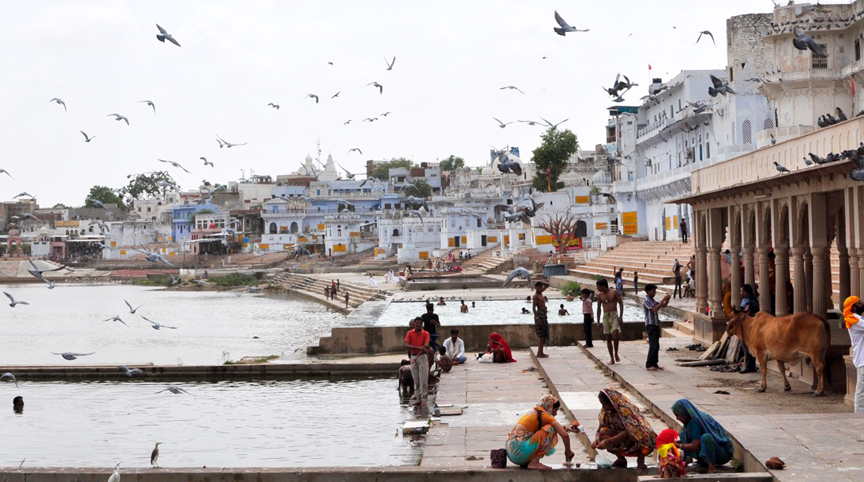A year in culinary school sparked Clementine Knight’s interest in medicine and public health.
While studying at Le Cordon Bleu in Pasadena — where she learned how to prepare everything from charcuterie to chicken stock — the science and safety of food piqued Knight’s interest.
“I never wanted to be a chef, but I wanted to learn how to cook,” says Knight, now a student in the UVM Post-Baccalaureate Premedical Program. “Cooking led to my interest between the connection of food, nutrition, and chronic disease. On an epidemiological level, I was interested in the connections to the growing chronic disease epidemics in the US – diabetes, hypertension, cardiovascular disease, and obesity.”

Before enrolling in UVM last year, Knight completed her culinary school training and also earned a bachelor’s degree in business, entrepreneurship and organizations at Brown University, where she also specialized in engineering.
Now her focus is on healthcare and she ultimately plans to pursue family medicine. Knight believes that working with patients over time affords opportunities to address problems, such as chronic diseases, that do not have quick fixes. She also hopes that more emphasis on preventative care will help community health as well as improve the economics of healthcare.
“Going to culinary school taught how me to cook and the science and chemistry of food,” she says. “I think what attracts me to being a family medicine practitioner is the long-term range of treating people of all ages.”
Building a Healthcare Foundation in the UVM Post Bac Premed Program
Since starting the post-bac program at UVM, Knight has volunteered for the UVM Medical Center’s Health Care Share Program at Milton Family Practice. The Health Care Share Program provides food insecure families and individuals with fresh produce, information on food storage and preparation, and increased access to nutritional counseling to underserved populations.
Knight is also president of MEDVIDA at UVM, the official chapter of the national MEDLIFE organization. In addition to its partnership with MEDLIFE, MEDVIDA also serves as a student hub for community service and social activism both internationally and locally. MEDLife stands for Medicine, Education, Development for Low Income Families Everywhere. The UVM chapter carries these same objectives with a focus on Vermont Individuals Developing Access (VIDA).
MEDVIDA has done some work with local refugee populations in the past, specifically doing community outreach around stroke awareness and outcomes. Knight says the group is also looking to partner with a UVM program called Healthy Fields that assists migrant workers to learn about healthcare options.
A Non-Traditional Path to Medicine
Many post-bac students come from a variety of different professional and educational backgrounds, and Knight is no exception.
Her interests were not always health related in a strict medical sense. Instead, she thought her career would focus on development, politics or policy design – all things she points out are necessary components to successful public health. Still, never did she imagine that learning how to cook would lead her to a career in medicine.
“I felt intimidated by cooking and wanted to go to culinary school and learn. As I learned cooking techniques and recipes, the real questions I wanted to ask were about access to healthy food as well as education about healthier eating options. Cooking was part of it, too — not just what we eat, but how, when, and with whom,” she says. “It was my experience at culinary school that really set me on a medical track as I realized that direct care was a powerful skill to have to create the change.”
Knight, who has spent time in Vietnam and Morocco, was drawn to UVM for its social consciousness as well as its location and diversity of served populations — from the refugee populations in the Burlington area to the migrant workers and large rural areas with limited access to medical services. She was also intrigued by Vermont for its political and social initiatives, including passing laws to label GMOs and putting forward a bill to tax sugar-sweetened beverages.
“I would hope that global health factors in to my focus or part of my career,” she says. “I’ve learned more than ever that the connection between food and health is something that always comes full circle, and that food systems, nutrition, and global health are all intricately related.”





